When parents divorce or partners separate and children are involved, custody often becomes an issue. As such, the court’s main concern is the best interest of the child. Many factors can be considered by the courts, including substance and alcohol abuse.
Family Code section 3011 allows a judge to consider a parent’s habitual or continuous use of controlled substances and alcohol when making a decision regarding child custody or visitation. However, this does not mean that a parent can accuse another parent of substance abuse. Before considering the allegations, the judge can review independent, third party documents, including but not limited to, reports from law enforcement, probation, the courts, rehabilitative agencies, medical providers, social welfare agencies, or other public or nonprofit agencies that provide drug and alcohol rehabilitation services.
Further, pursuant to Family Code section 3041.5, if the judge determines that a parent is a habitual, frequent, or continuous user, the judge can order that parent or guardian to undergo drug and alcohol testing. If the parent has been convicted of use or possession of a controlled substance within the past five (5) years, the judge can consider that conviction to decide whether testing is appropriate.
Drug test results are confidential. If a parent submits a sample that is a positive result for a controlled substance or alcohol, that parent is entitled to a hearing to challenge the test result. In addition, the test result cannot be used for any criminal, civil, or administrative purpose. This means a parent cannot be convicted of a crime for having a positive drug result if that parent submits the sample pursuant to the family court order. Moreover, a parent’s test result cannot be used against him or her in a civil lawsuit. Lastly, a parent’s test result cannot be used for any administrative proceeding by any government agency or organization. Fam. Code section 3041.5.
If you find yourself in a child custody or visitation proceeding where substance abuse is an issue, please contact Dias Law Firm, Inc. for assistance with your case.
By: Sarah M. Hacker, Esq.
 For the general public
For the general public: This Blog/Web Site is made available by the law firm publisher, Dias Law Firm, Inc., for educational purposes. It provides general information and a general understanding of the law, but does not provide specific legal advice. By using this site, commenting on posts, or sending inquiries through the site or contact email, you confirm that there is no attorney-client relationship between you and the Blog/Web Site publisher. The Blog/Web Site should not be used as a substitute for competent legal advice from a licensed attorney in your jurisdiction.
For attorneys: This Blog/Web Site is informational in nature and is not a substitute for legal research or a consultation on specific matters pertaining to your clients. Due to the dynamic nature of legal doctrines, what might be accurate one day may be inaccurate the next. As such, the contents of this blog must not be relied upon as a basis for arguments to a court or for your advice to clients without, again, further research or a consultation with our professionals.

 When parents divorce or partners separate and children are involved, custody often becomes an issue. As such, the court’s main concern is the best interest of the child. Many factors can be considered by the courts, including substance and alcohol abuse.
Family Code section 3011 allows a judge to consider a parent’s habitual or continuous use of controlled substances and alcohol when making a decision regarding child custody or visitation. However, this does not mean that a parent can accuse another parent of substance abuse. Before considering the allegations, the judge can review independent, third party documents, including but not limited to, reports from law enforcement, probation, the courts, rehabilitative agencies, medical providers, social welfare agencies, or other public or nonprofit agencies that provide drug and alcohol rehabilitation services.
Further, pursuant to Family Code section 3041.5, if the judge determines that a parent is a habitual, frequent, or continuous user, the judge can order that parent or guardian to undergo drug and alcohol testing. If the parent has been convicted of use or possession of a controlled substance within the past five (5) years, the judge can consider that conviction to decide whether testing is appropriate.
Drug test results are confidential. If a parent submits a sample that is a positive result for a controlled substance or alcohol, that parent is entitled to a hearing to challenge the test result. In addition, the test result cannot be used for any criminal, civil, or administrative purpose. This means a parent cannot be convicted of a crime for having a positive drug result if that parent submits the sample pursuant to the family court order. Moreover, a parent’s test result cannot be used against him or her in a civil lawsuit. Lastly, a parent’s test result cannot be used for any administrative proceeding by any government agency or organization. Fam. Code section 3041.5.
If you find yourself in a child custody or visitation proceeding where substance abuse is an issue, please contact Dias Law Firm, Inc. for assistance with your case.
By: Sarah M. Hacker, Esq.
When parents divorce or partners separate and children are involved, custody often becomes an issue. As such, the court’s main concern is the best interest of the child. Many factors can be considered by the courts, including substance and alcohol abuse.
Family Code section 3011 allows a judge to consider a parent’s habitual or continuous use of controlled substances and alcohol when making a decision regarding child custody or visitation. However, this does not mean that a parent can accuse another parent of substance abuse. Before considering the allegations, the judge can review independent, third party documents, including but not limited to, reports from law enforcement, probation, the courts, rehabilitative agencies, medical providers, social welfare agencies, or other public or nonprofit agencies that provide drug and alcohol rehabilitation services.
Further, pursuant to Family Code section 3041.5, if the judge determines that a parent is a habitual, frequent, or continuous user, the judge can order that parent or guardian to undergo drug and alcohol testing. If the parent has been convicted of use or possession of a controlled substance within the past five (5) years, the judge can consider that conviction to decide whether testing is appropriate.
Drug test results are confidential. If a parent submits a sample that is a positive result for a controlled substance or alcohol, that parent is entitled to a hearing to challenge the test result. In addition, the test result cannot be used for any criminal, civil, or administrative purpose. This means a parent cannot be convicted of a crime for having a positive drug result if that parent submits the sample pursuant to the family court order. Moreover, a parent’s test result cannot be used against him or her in a civil lawsuit. Lastly, a parent’s test result cannot be used for any administrative proceeding by any government agency or organization. Fam. Code section 3041.5.
If you find yourself in a child custody or visitation proceeding where substance abuse is an issue, please contact Dias Law Firm, Inc. for assistance with your case.
By: Sarah M. Hacker, Esq.
 For the general public: This Blog/Web Site is made available by the law firm publisher, Dias Law Firm, Inc., for educational purposes. It provides general information and a general understanding of the law, but does not provide specific legal advice. By using this site, commenting on posts, or sending inquiries through the site or contact email, you confirm that there is no attorney-client relationship between you and the Blog/Web Site publisher. The Blog/Web Site should not be used as a substitute for competent legal advice from a licensed attorney in your jurisdiction.
For attorneys: This Blog/Web Site is informational in nature and is not a substitute for legal research or a consultation on specific matters pertaining to your clients. Due to the dynamic nature of legal doctrines, what might be accurate one day may be inaccurate the next. As such, the contents of this blog must not be relied upon as a basis for arguments to a court or for your advice to clients without, again, further research or a consultation with our professionals.
For the general public: This Blog/Web Site is made available by the law firm publisher, Dias Law Firm, Inc., for educational purposes. It provides general information and a general understanding of the law, but does not provide specific legal advice. By using this site, commenting on posts, or sending inquiries through the site or contact email, you confirm that there is no attorney-client relationship between you and the Blog/Web Site publisher. The Blog/Web Site should not be used as a substitute for competent legal advice from a licensed attorney in your jurisdiction.
For attorneys: This Blog/Web Site is informational in nature and is not a substitute for legal research or a consultation on specific matters pertaining to your clients. Due to the dynamic nature of legal doctrines, what might be accurate one day may be inaccurate the next. As such, the contents of this blog must not be relied upon as a basis for arguments to a court or for your advice to clients without, again, further research or a consultation with our professionals. 
